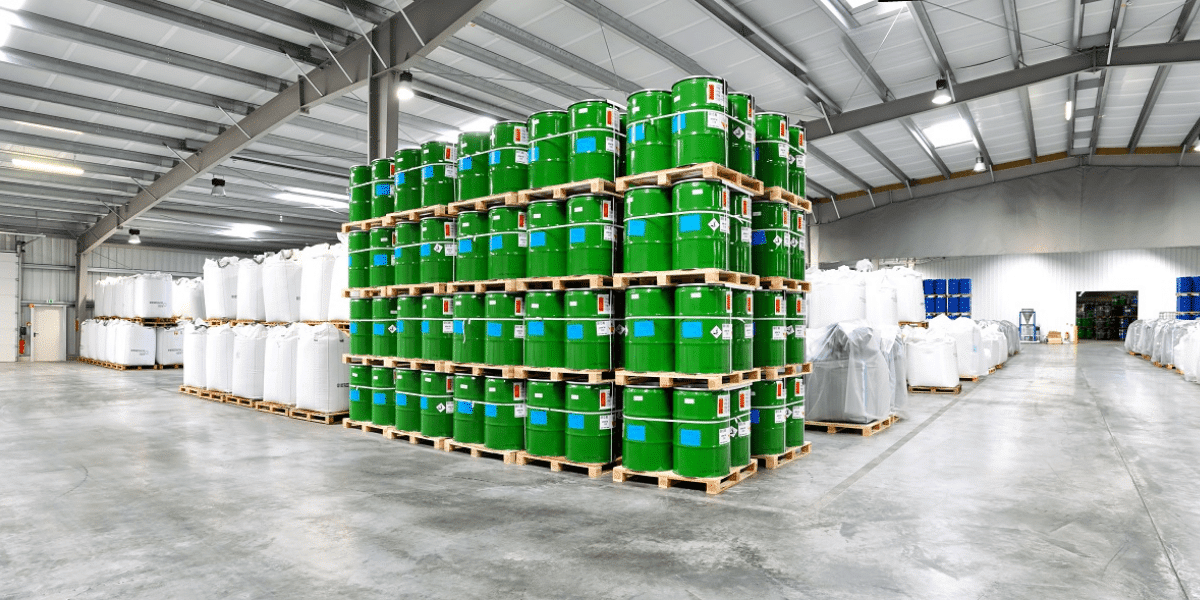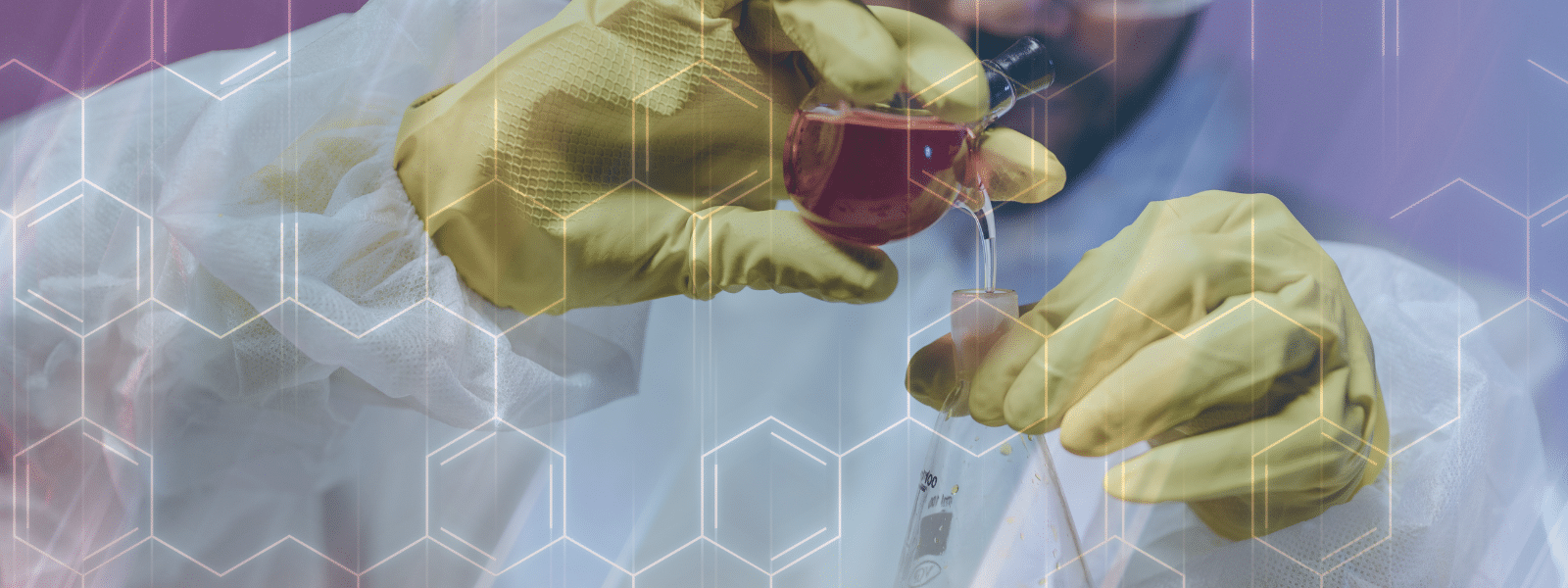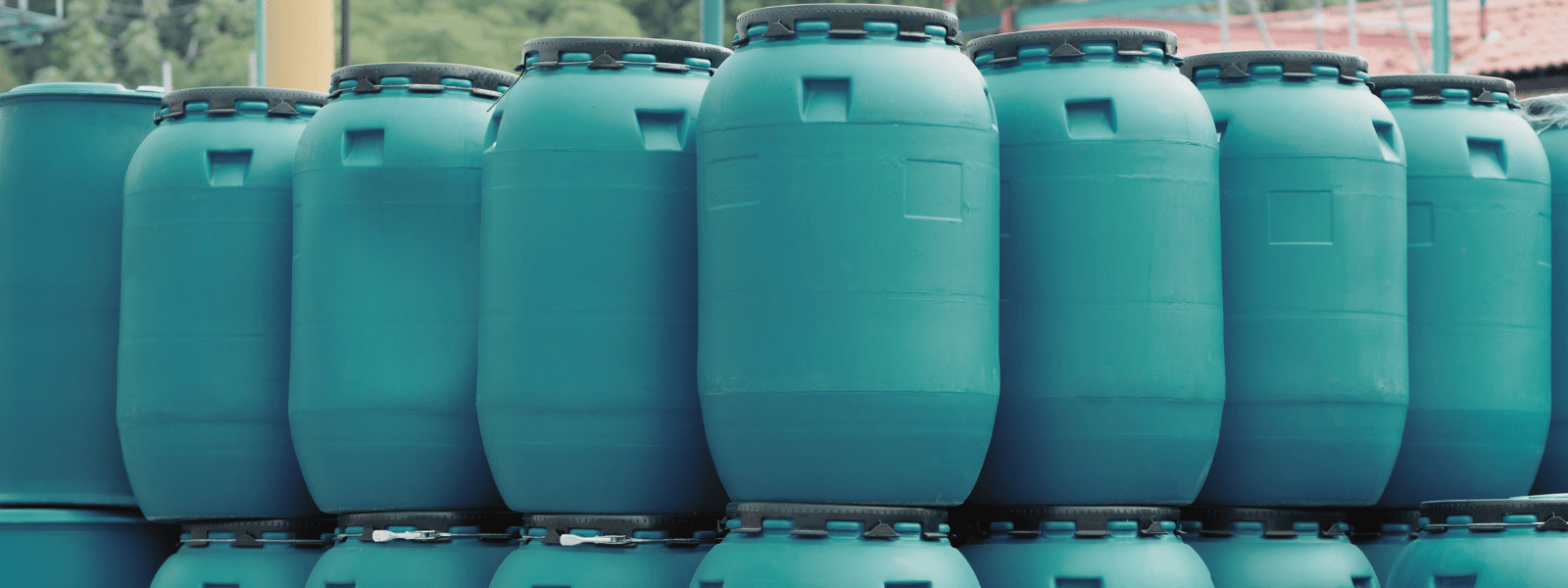NPB (a.k.a. n propyl bromide) is a strong cleaning agent that is used for various types of cleaning applications, from simple surface cleaning projects to heavy-duty degreasing operations. Although the solvent works well for its intended uses, it is now in the dubious position of the hazardous, chlorinated cleaning solvents it replaced: It is considered dangerous to humans and the environment and should be replaced with a safer cleaning agent.
Even so, many companies and organizations are hesitant to replace NPB industrial cleaners due to costs associated with the changeover, such as retiring their unused supply of the NPB cleaners, conducting tests to discover replacement cleaners that have the same efficacy, and training employees to use those cleaners once they are purchased. However, there are also some compelling cost saving opportunities that come with replacing NPB industrial cleaners.
Reduced Injury Risk
Since 2013, the National Toxicology Program (NTP) has considered NPB to be “reasonably anticipated to be a human carcinogen,” especially when exposure to the cleaner is routine. Acute exposure to NPB can also cause health problems, such as irritation to eyes, mucous membranes, upper airways and skin. In short, NPB is a mercenary injury attorney’s dream.
In addition to precipitating costly legal settlements, NPB exposure can lead to increased workers compensation claims, higher rates of absenteeism, and impaired job performance — all things that take a financial toll on the company or organization that experiences them. When these phenomena result from NPB use, replacing the cleaner could literally save millions of dollars.
Less Costly PPE
OSHA and the EPA use a four-level rating system for personal protective equipment (PPE) that those who work with dangerous substances or in dangerous situations wear. Class A PPE offers the most comprehensive protection, totally insulating workers in a safety suit with a breathing apparatus. Level D offers the least protection, with no breathing apparatus included.
Outfitting a single worker in Level D PPE is the equivalent of buying him an expensive business suit. Applying that cost to multiple workers can quickly make PPE expenditures reach the six-figure mark. If switching to NPB replacement cleaners allows you to equip workers with a lower level of PPE than they currently wear, the cost of PPE could be significantly reduced.
Lower Utility Costs
Work environments that create a high level of exposure to NPB industrial cleaners need a special ventilation system that traps airborne contaminants, with the goal being to prevent them from entering other work areas and the natural environment. Considering that air distribution fans are commonly the most power consuming components in a building’s electrical system, using non-toxic cleaners that don’t require special ventilation strategies could reduce utility costs.
No EPA Fines
In February 2015, the EPA filed a petition to add NPB to its List of Hazardous Air Pollutants — a move that predicts the ban or severe regulation of the cleaning agent. Entities that continue to use NPB in violation of federal usage parameters face stiff fines that may escalate in amount as violations continue. Considering the heavy toll that the recent recession took on the coffers of so many companies, paying costly, avoidable fines to the EPA is simply financially unacceptable.
No Changeover Downtime
For companies whose everyday operations are highly dependant on NPB industrial cleaners, one of the worst things that could happen is having to quickly replace the cleaners after NPB is banned, without a changeover plan in place. This situation could lead to an extended period of downtime for operations that require the cleaning power of the banned chemical in the cleaners.
Technically, proactively replacing an NPB cleaner doesn’t reduce operating costs. Rather, it helps to ensure that revenue streams that NPB cleaners support remain robust. Performing a gradual phase out of NPB that includes the gradual introduction of a safer cleaning agent is the ideal way to ensure that no money is lost on already purchased NPB products, and that replacement products meet all the performance requirements of the replaced NPB cleaners.
Still Using NPB Cleaners?
If so, the sooner your company or organization replaces them, the sooner it will be in the position to realize the cost saving opportunities listed above. If you need assistance finding replacement cleaners that meet the requirements NPB industrial cleaners, Ecolink can provide you with several options. For example, our fluorinated solvents that contain HFC, HFE and HFPO are considered much safer than NPB solvents and can deliver the same level of cleaning power.
We can also create a custom blend if none of our stock products meet your requirements.
To start the NPB replacement process, call us today at (800) 563-1305, or refer to the contact page on our website. By replacing NPB industrial cleaners, you can do something good for your workers, good the environment, and good for the bottom line of your company or organization.















